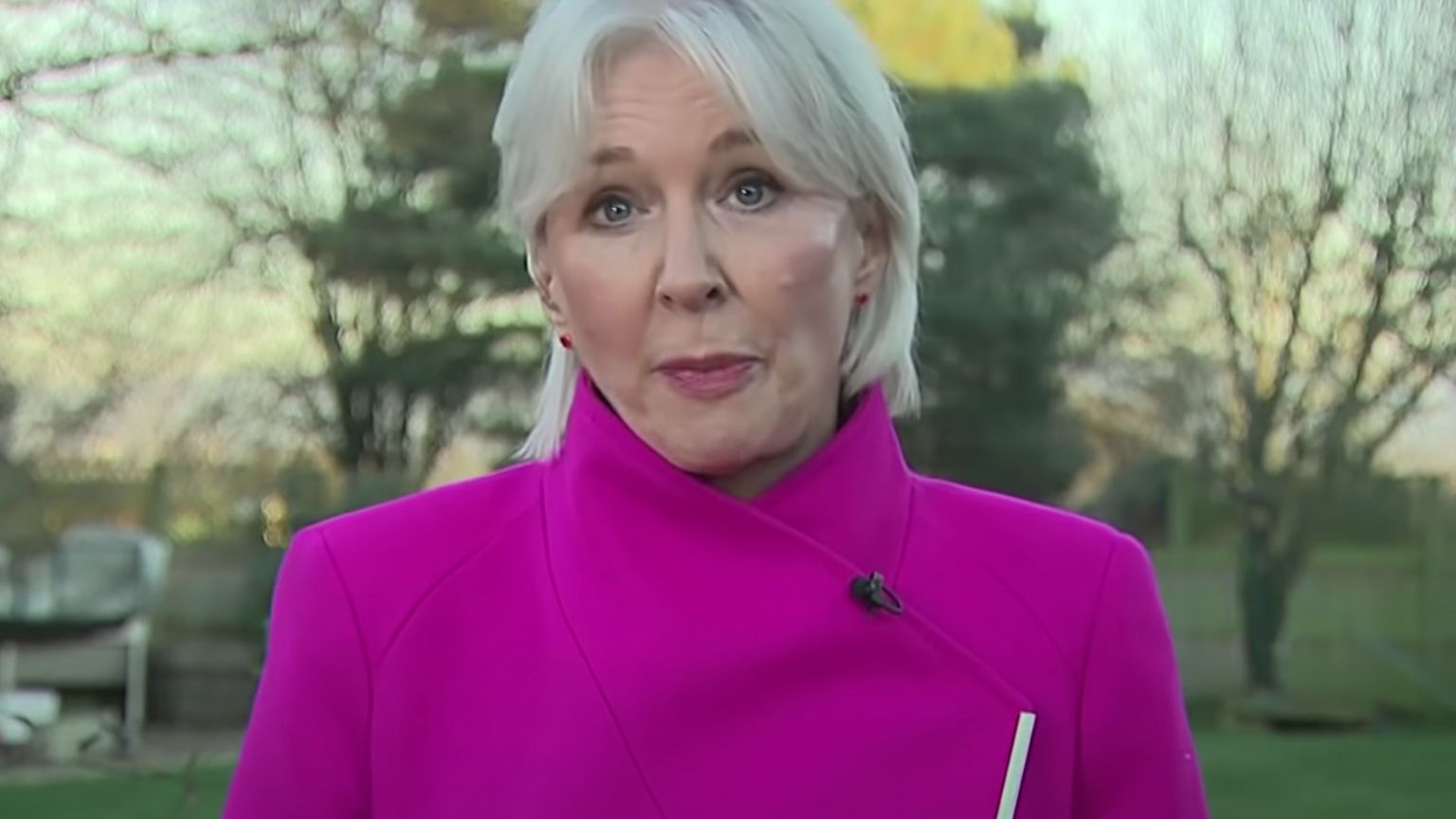The government has added new provisions to the upcoming Online Safety Bill, requiring social media companies to allow users to block anonymous users and block “harmful” content.
The new rules are supposed to fight “abuse” by anonymous users and to give users control over the type of content they see but will have massive implications for free speech in the country.
Related: The UK’s proposed Online Harms Bill is one of the biggest threats to free speech in the West
“Tech firms have a responsibility to stop anonymous trolls polluting their platforms,” said Secretary of State for Digital, Culture, Media, and Sport, Nadine Dorries.
“We have listened to calls for us to strengthen our new online safety laws and are announcing new measures to put greater power in the hands of social media users themselves.
“People will now have more control over who can contact them and be able to stop the tidal wave of hate served up to them by rogue algorithms.”
If the bill passes, large social media companies will be required to verify the identity of some users. However, verification will be optional. But, users will also be given the option to block users with unverified accounts.
While some like the Chartered Institute for IT believe ID verification will solve online abuse, others note that there are citizens and journalists under increasingly authoritarian regimes, sexual assault victims, and even those who are going against the status quo who rely on anonymity.
The bill will also require large social media companies to include filters allowing users to block harmful but legal content, such as “racism, health misinformation, and eating disorders.”








